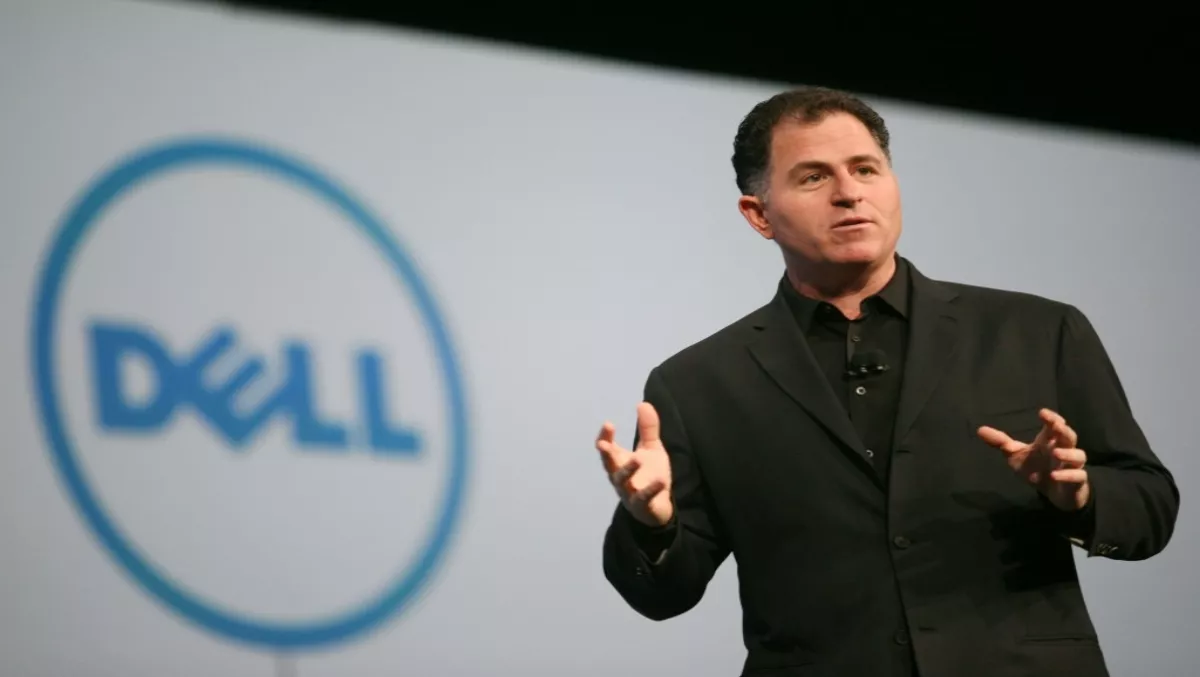
Revitalised Dell has the energy of a 'new start-up'
Dell has a renewed 'entrepreneurial spirit' and the passion and energy of a technology startup after going private, according to one of the company's regional bosses.
Speaking at the Dell Enterprise Forum in Melbourne this week, Joe Kremer, Dell's vice president and managing director for South Asia, Australia and New Zealand, said the October purchase the company by CEO and founder Michael Dell and technology investment firm Silver Lake Partners means the company can focus on the longer term, with quarterly outcomes 'less important' than for listed companies.
“The outcome for our customers and our business in the long term becomes even more important,” he said.
He added that the company's focus on customers and on solutions, rather than simply 'selling things', and the local teams looking after partners and customers, won't change.”
The move to private means the company won't be paying half a billion dollars dividends each year and won't be doing stock buy-backs. “So we have a very, very strong balance sheet.”
Michael Dell, who now owns 75% of the company, describes the business 'as a new start-up'.
“We're approaching it with that level of passion and energey and entrepreneurial approach to how we think about the business,” Kremer said.
“There's no question it's a little unusual for a founder of a $50 billion company going private, and he's putting more money in, and very keen to run things as a private company.”
Speaking to a packed auditorium at the opening of the Forum, Kremer recounted how the company began transitioning five years ago.
“One of the big changes we made about five years ago was to think a lot less about selling things and a lot more about helping customers achieve outcomes. And that's a fairly substantial change.”
He said Michael Dell quickly concluded the company 'simply didn't have all the IP we needed in order to achieve the kinds of support levels we wanted for customers'.
“He had a very clear vision of the things we needed to add to the portfolio: the IP we would need, the people skills we would need and the integration efforts we would need.”
As a result, over the past five years the company made 24 acquisitions covering a range of areas including data center, fibre channel, software for backup and recovery, access and identity management, Windows management and Oracle database tools and advanced capabilities in networking. 'Significant' apabilities around blade architectures have been developed internally.
From the services perspective, the company had bought one large platform company, adding 30,000 people and 'lots of framework that we could use', but he said the bigger thing in services had been 'lots of hiring'.
Kremer stressed that Dell remained committed to client. “There are a lot of interesting things going on in the end-user computing business. We've bought some encryption technology, we've introduced new tablets for business, refreshed all of our lines of client.
“You will see continued investment and it is our belief that having an end-to-end set of solutions for customers will be very handy and helpful for customers.”
The company has also changed its structure, moving away from focusing primarily on countries to include focus on four business units - software, data center enterprise, services and end-user - to incubate solutions and acquire and integrate IP.
Kremer noted the company was seeing a lot of growth particularly in the new businesses.
“The software, services and data center is where things are really ramping and we're seeing lots of engagement with customers.”


